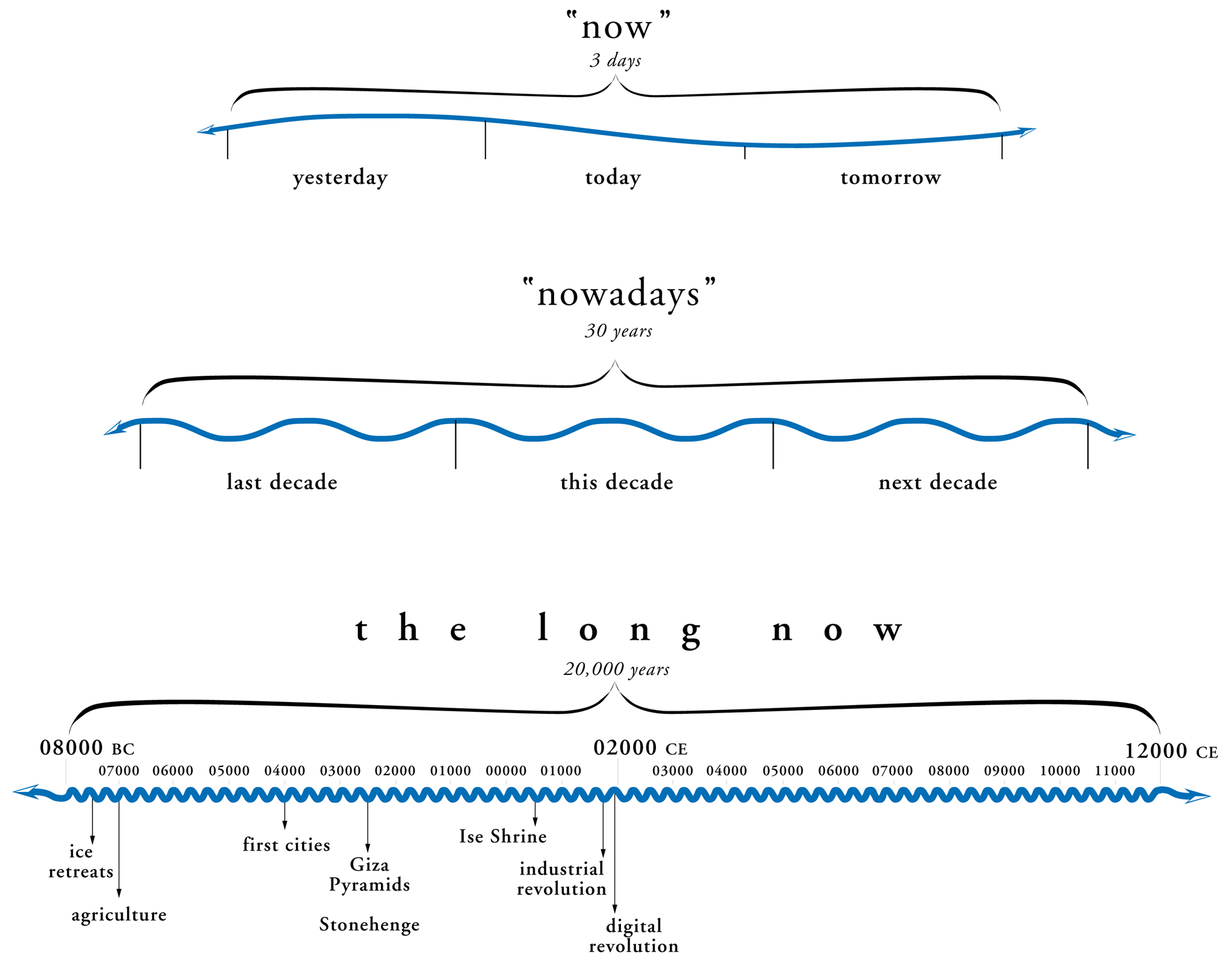The Fallacy of Fixed Meaning

“…the dogma that words come to us out of the past with proper meanings—fixed and immutable—is a fallacy. The only meanings a word has are those that the speakers of the language choose to give it.” The Oxford Essential Guide to Writing
This from Wikipedia’s entry on linguistic prescription:
In linguistics, prescription denotes normative practices on such aspects of language use as spelling, grammar, pronunciation, and syntax. It includes judgments on what usages are socially proper and politically correct. Its aims may be to establish a standard language, to teach what is perceived within a particular society to be “correct” forms of language, or to advise on effective communication. If usage preferences are conservative, prescription might (appear to) be resistant to language change; if the usage preferences are radical, prescription may produce neologisms.
Prescriptive approaches to language are often contrasted with descriptive linguistics, which observes and records how language is practiced. The basis of linguistic research is text (corpus) analysis and field studies; yet description includes each researcher’s observations of his and her (own) language usage. Despite apparent opposition, prescription and description (how language should be used, and how language is used) exist in a complementary dynamic tension of mutual linguistic support.
Again, from Kane in Oxford: “Words, then, are far from being tokens of fixed and permanent value. They are like living things, complex, many-sided, and responsive to pressures from their environment. They must be handled with care.”
I love the freedom of language, neologisms, mutability–moments that allow for creative energy. I also love grammar, rules, usages that make the reading experience universal. Maybe that’s why I write poems and edit. This is a political topic, to be sure, but it’s definitely a matter of craft as well.
Where, as a writer, do you think should be and is [of how language is used] meet?
4 lightstands, nightstands, washstands hurtling past
14. Literary profiling. The books you ‘like’ on Facebook. Do you ever go vexatious on what books populate your most obvious bookcase? Like maybe you’re having a Superbowl party at the house and what books will the visitors eyeball? Ever left a book out on your desk/table/car floor with intent? Come on, do tongue. Like Play it Again, Sam and the track and field medal. To be petty is to be human.
2. McCain aide outed as “anonymous” O author? I wonder what vice-presidential nominee he is describing here, The Barracuda:
thick hair piled up high, chin out, defiant, taunting, flaunting that whole lusty librarian thing, sweet and savory, mother and predator, alluring and dangerous…
99. Holy shit Truman Capote’s house is selling at a bargain price! Discount, discount, and with 7.5 bathrooms. Now if I can only hustle a few more chapbooks…
4. The 10 greatest child geniuses in literature. What?! Hal Incandenza only gets 2nd place? And they left off Ignatius Jacques Reilly, Dolores (AKA: Dolly, Lolita, Lola, Lo and L), and that daughter from Stories in the Worst Way. Man.
I Plan to Spend My Summer Reading This
The Devil All The Time, Donald Ray Pollock‘s debut novel. Here’s the cover:
Necro, Necro, Necropastoral

Hieronymus Bosch - Garden of Earthly Delights (1503)
Like Joshua Corey & others, I’m bewitched by Joyelle McSweeney’s concept of “the necropastoral.” (read her posts at Montevidayo) I fear I have little to contribute, but much to wonder about. My inclination is to assume I’m misunderstanding what she means by the term, even after reading her definition:
[the ‘necropastoral’ is] a term which denaturalizes the pastoral by focusing on its always/already unnatural qualities. In its classical form, the pastoral is a kind of membrane on the urban, an artificial, counterfeit, impossible, anachronistic version of an alternative world that is actually the urban’s double, contiguous, and thus both contaminatory and ripe for contamination, a membrane which, famously, Death (and Art) can easily traverse (Hence, Et in Arcadia Ego). [here]
But since I’ve never let misunderstanding stop me from asking questions, or engaging in conversation, I thought I would share some thoughts (more bricolage of ideas than exposition) provoked by the evocation of “the necropastoral.”
Go Ahead: It is Friday
Man don’t drink none ain’t natural.
The beloved may be treacherous, greasy-headed, and given to evil habits.
It makes me feel like I have four legs instead of two.
Like my lemonade funny.
Ridiculed, beaten, thrown into a crowd.
(ravn)
Beer has a nice bitter taste after ice cream. Next to music, beer is the best.
The theme is the theme of humiliation.
Are you a hunchback or an old cripple? Whiskey on the house!
They are the we of me.
So why add orange juice?
Listen: if you want to steal the dessert spoon just steal the dessert spoon.
Are you a lawyer, agent, or friend?
Life is good. But there are problems.
There Are Always Things On My Mind

[1]
One of the things I love most when ordering a book from Amazon.com or a subscription from one of the well-established literary magazines is I know I can trust I will receive what I ordered in a reasonable amount of time. I know I am not just throwing my money into the wind and hoping for the best. Often times, however, when I order books and magazines from smaller outfits, it feels like a real crapshoot. Maybe I will receive what I ordered, maybe I won’t. Maybe what I ordered will arrive during the timeframe promised, maybe it won’t. More often than not, it feels like I have to track down small press books and magazines I’ve ordered and if I forget I’ve ordered something, I’ve essentially donated that money with nothing but, perhaps, good karma, to show for it. I’ve contributed to several Kickstarter projects and only received what was promised by two. I don’t really care but still, if you say you’re going to do something, you should do it otherwise you really undermine yourself and lose potential customers.
At times, I feel like we eschew professionalism. We don’t use contracts. We don’t stick to timelines. We don’t send out review copies in advance. Sometimes, I think we don’t bother trying to do what the bigger presses our doing because we think we can’t. Word Riot has proven that wrong. Paula Bomer’s book, for example, was reviewed in Publisher’s Weekly and had a mention in O Magazine. We don’t communicate effectively. We don’t update our websites or we delete our archives without notifying our authors. I’m generalizing here, but these things happen all the time and it can be frustrating, as a consumer, as a writer, as an editor.
“He heard a bird flush / and he turned and pulled the trigger / and saw his friend get wounded.” — George W. Bush
The Long Now Foundation does these talks now and again in San Francisco and I always tell myself I’m going to go but I never go. The talks are long, sort of. And so now. This talk I’m talking up happened in October. Northeast of me now it did and I am looking Northwest. My ear.
It’s about how language shapes our thoughts and sort of controls our brains. A lot of it is about bilingualism and it makes me think on all sorts of things re: Joyce and Pessoa, i.e. voices, etc. Joyce for example said he was capturing “the great talkers” in Ulysses, was diagnosed schizophrenic by Jung. Pessoa obviously had some kind of disorder. Anyways, there’s a movement right now in cognitive science I guess, away from a lot of Chomsky’s linguistics. And this gal be blowing the conk shell like one of them party whistles.
Lera Boroditsky is awesome. Towards the end of the video she talks up a lot of stuff that I’ve been thinking on a lot, especially internal monologue, which she’s going to figure out for me so I can do other things instead, which is awesome. She is awesome. I am 100% nerd crush.
I want to hear way more.
Speaking of Anne Carson,

which we were doing at some point in the last 10 or so posts, there’s a prose poem of hers from Plainwater that makes me want to die.
On Waterproofing
Franz Kafka was Jewish. He had a sister, Ottla, Jewish. Ottla married a jurist, Josef David, not Jewish. When the Nuremburg Laws were introduced to Bohemia-Moravia in 1942, quiet Ottla suggested to Josef David that they divorce. He at first refused. She spoke about sleep shapes and property and their two daughters and a rational approach. She did not mention, because she did not yet know the word, Auschwitz, where she would die in October 1943. After putting the apartment in order she packed a rucksack and was given a good shoeshine by Josef David. He applied a coat of grease. Now they are waterproof, he said.
At work today, I was looking at the wear patterns on my keyboard and I realized that when I type, I strike the space bar with my right thumb. I hardly ever use my left thumb.
Nabokov on Collaboration
(from the Foreword to Lolita: A Screenplay):
By nature I am no dramatist; I am not even a hack scenarist; but if I had given as much of myself to the stage or the screen as I have to the kind of writing which serves a triumphant life sentence between the covers of a book, I would have advocated and applied a system of total tyranny, directing the play or the picture myself, choosing settings and costumes, terrorizing the actors, mingling with them in the big part of guest, or ghost, prompting them, and, in a word, pervading the entire show with the will and art of one individual–for there is nothing in the world that I loathe more than group activity, that communal bath where the hairy and slippery mix in a multiplication of mediocrity.




